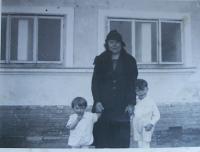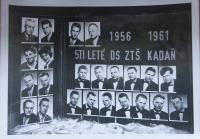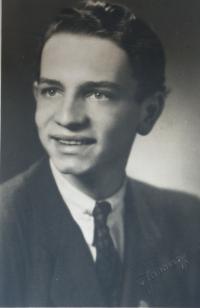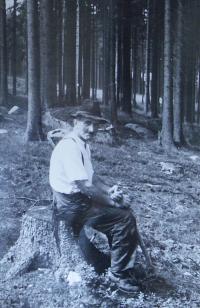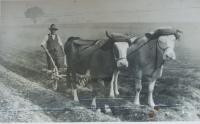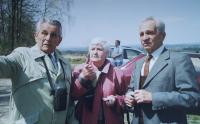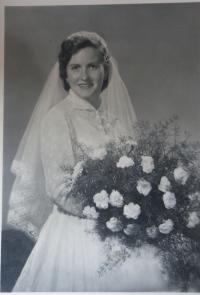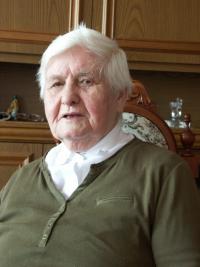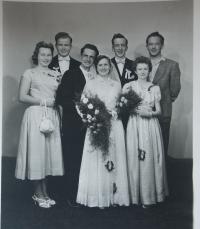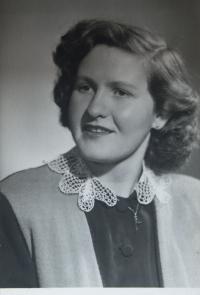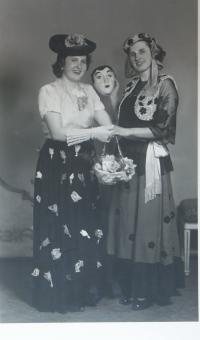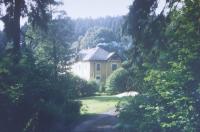It always pays off to stay human and to behave decently to others
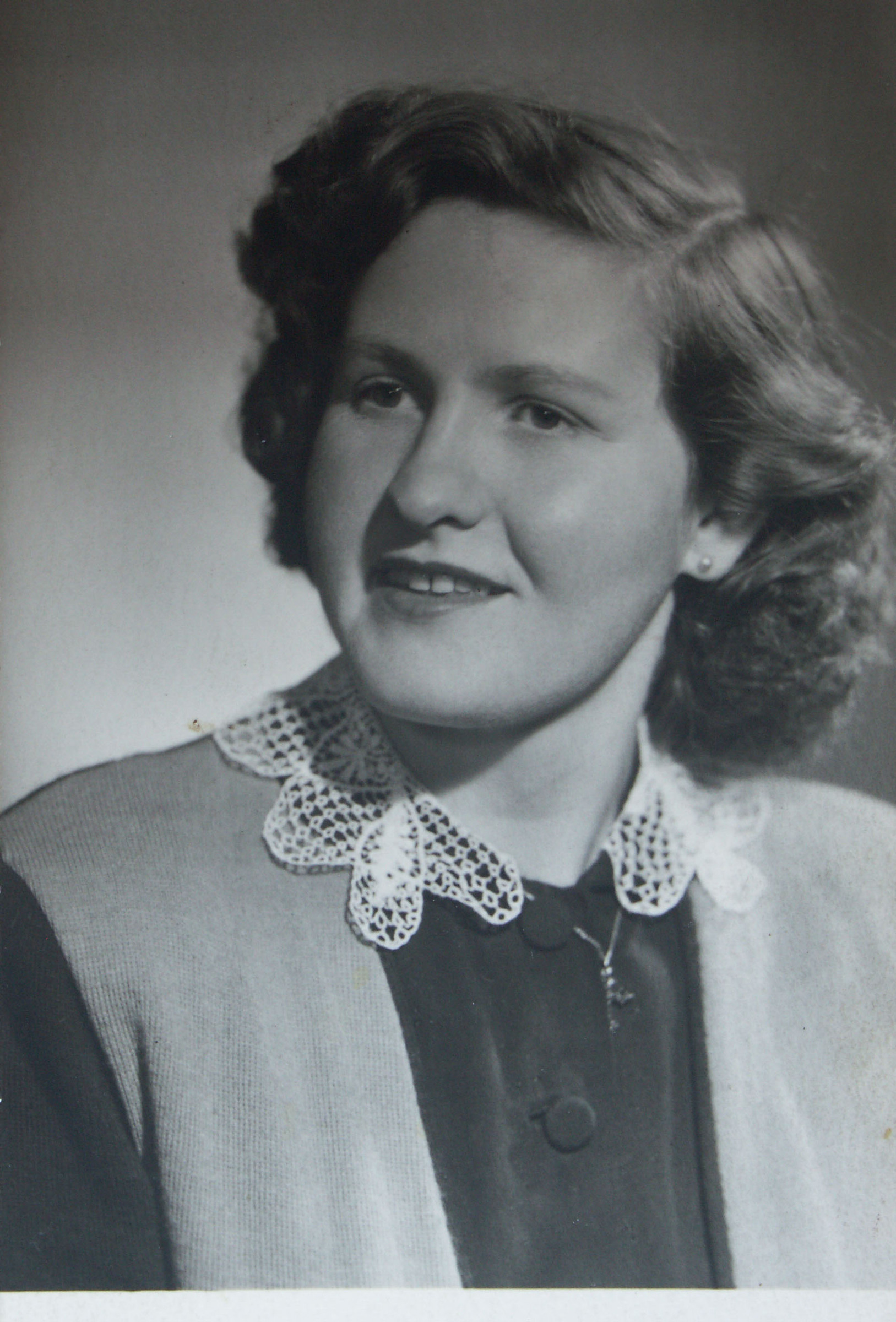
Download image
Margareta Kulišanová, née Meisterová, was born on 24 November 1930 in Milíkov. Her parents had a farm with eight hectares of field. Their village was inhabited by a German majority, several Czech residents, and one Jewish family. When the border region was annexed, the Jewish family immediately moved away, and the Czech government representatives at the post office and the police station were replaced with zealous members of the Sudeten German Party. The witness’s father Karel was one of the few healthy men of conscription age who was not drafted, because he had a breeding bull and he was responsible for servicing cattle in a large area. In May 1945 the Milíkovers persuaded a Wehrmacht unit in the village to withdraw without a fight. They were on very good terms with the American soldiers stationed there, but their departure ushered in a period of fear. Some neighbours were designated as Fascists and ended up in the prison camp in Žandov, some people voluntarily signed up for the transports to Germany, and the rest of them were included with no choice in the matter. The village was repopulated by newcomers. The Meister family had good relations with all the old locals, and they were known for their anti-Hitler stance. Their uncle Hans Prenner, a secretary in Dvory near Cheb, had refused to join the NSDAP and had consequently spent five years in concentration camps. Prenner ensured that the Meisters were not included in the expulsion, but he himself and his family left voluntarily. The witness’s mother Alžběta did not want to move. In September 1946 the Meisters were evicted from their native house, and in October they found themselves with the remaining few Germans in a cattle wagon in Mariánské Lázně. Margareta’s older brother Hans did not wait for the transport and set off across the borders by foot. The witness and her parents and six-year-old brother Herbert ended up in Běrunice near Poděbrady, where they worked for one farmer for sustenance and a symbolic wage. After a while they found a place at the state farm in Městec Králové, where they lived and worked like the other employees. In 1952 they moved back to Milíkov. Margareta worked with her father in the forest. She met her future husband Bohumil Kulišan when he was serving in the Auxiliary Engineering Corps (forced labour masked as military service for people the regime distrusted). He had already spent six years in Bory Prison and the uranium mines around Jáchymov. This was because in 1949 he had printed and distributed anti-Communist leaflets; when he attempted to flee to Austria, he was caught by Russian soldiers and returned to Czechoslovakia. At his wife’s request, Bohumil Kulišan did not sign Charter 77 - Margareta Kulišanová did not want to go through another wave of persecution. They raised their children to speak fluent Czech and German.
